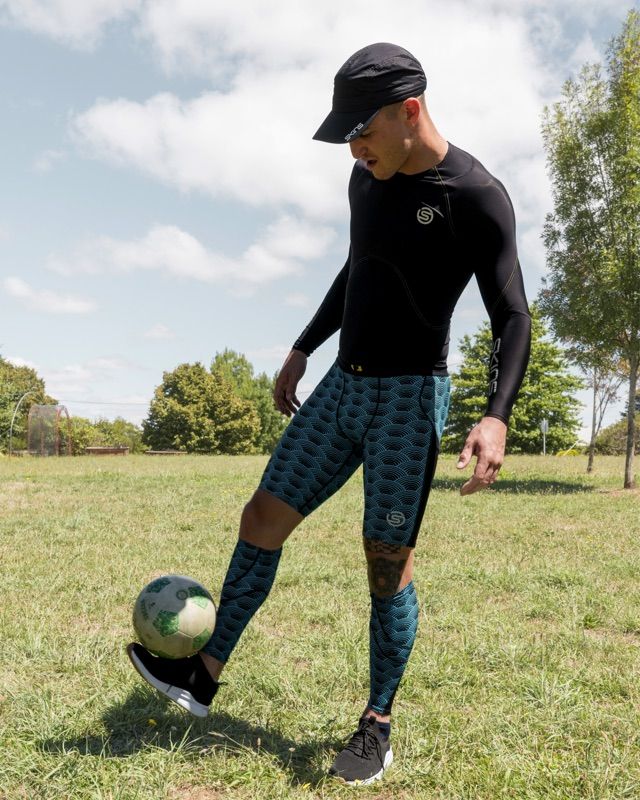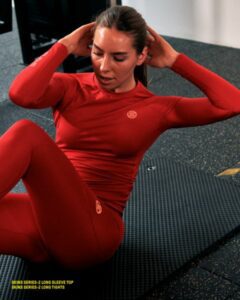TRAINING PROGRESSION


Progression is one of the key components of any training programme. Most training plans are underpinned by the SPORT principle: Specific, Progression, Overload, Reversibility and Tedium. Using Microcycles, Mesocycles and Macrocycles, coaches plan to keep seeing consistent progress within their athletes. Even as humans in everyday life, if we don't see progression, we get bored. If you start watching a TV series and there's no character or story progression, you'll probably turn it off, and it's the same with your running. Having and seeing progression in your plans, results, feeling scale and fitness are what keeps everyone motivated to get out the door.













